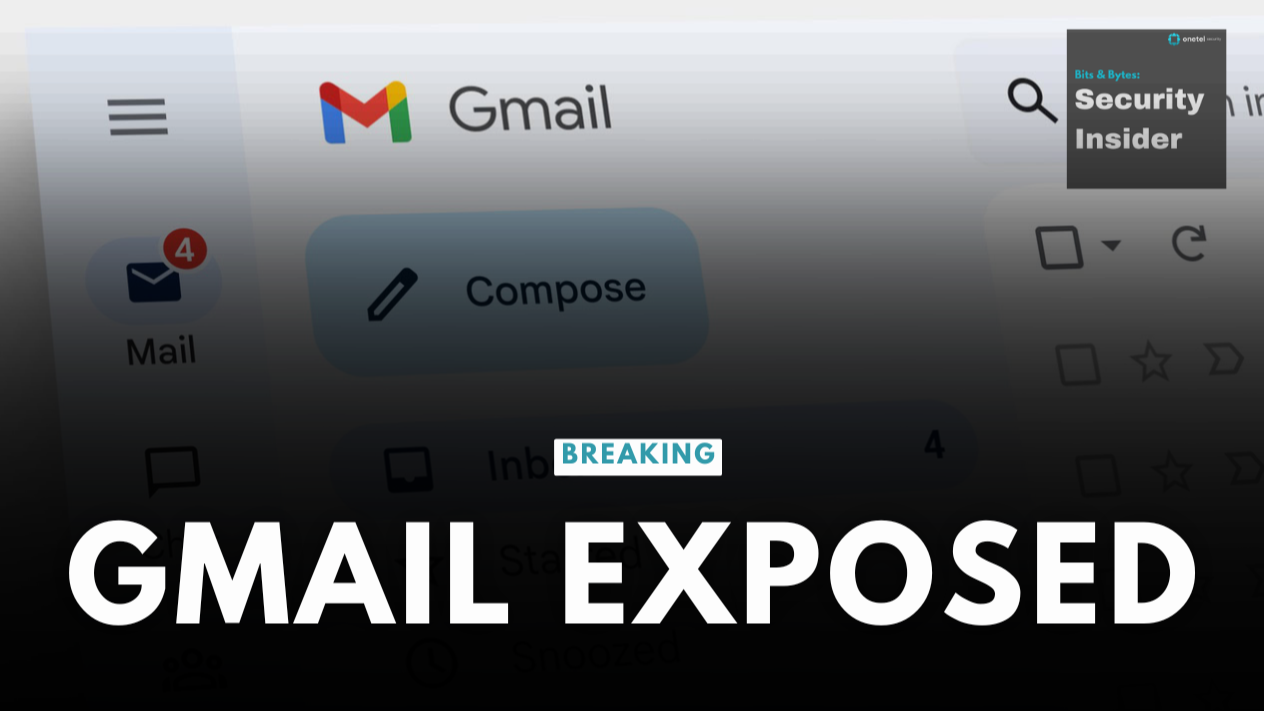
When It’s Time to Let a Customer Go: Managing Difficult Clients in the Life Safety and Property Protection Industry
Difficult customers are nothing new to the life-safety and property-protection industry, but the stakes can be far higher than in other fields. When a customer refuses to maintain their system, fails to respond to service requests, ignores false-alarm issues, or refuses to pay fines or invoices, it isn’t just an administrative headache. These situations can create operational risk, liability exposure, strained relationships with authorities having jurisdiction, and a drain on valuable company resources. As attorney Ken Kirschenbaum notes in his article on “Dumping Difficult Customers Over Fines,” there are times when canceling a customer is the most responsible step a company can take—for its own protection and for the integrity of its service model.
The first priority, however, is always to avoid reaching that point. Prevention begins with a clear, well-written contract that sets expectations from the start. Every customer should know what they are responsible for, what the service provider is obligated to deliver, how fines, false alarms, and ordinance violations are handled, and what happens if either party fails to meet their obligations. Many conflicts arise because the customer does not understand their responsibilities related to system maintenance, access for inspections, or payment of fines associated with repeated false alarms. Reinforcing these expectations early, providing a fully executed copy of the contract upon request, and documenting performance issues as they arise can help prevent misunderstandings from escalating. When concerns do surface—whether unpaid invoices, repeated service calls, or constant false alarms—addressing them promptly and professionally can often redirect the relationship. Some problematic accounts can be stabilized simply by outlining the expectations once more, documenting defaults, and explaining what will occur if the behavior continues.
Even with strong communication and clear agreements, there are situations where a customer becomes too disruptive or too costly to manage. When that point arrives, the company must follow a deliberate and responsible process. The contract should be reviewed to ensure that all termination provisions are followed exactly as stated. Written notice should be provided, explaining the reason for termination, the effective date, and any outstanding responsibilities such as final payments or equipment return. If the company monitors the system, it must ensure that monitoring is disconnected properly and that the central station is notified to avoid future signals or liability. Equipment owned by the company should be retrieved, access credentials should be revoked, and the termination should be documented thoroughly for legal and operational clarity. Some jurisdictions or contractual arrangements may require notice to the local authority having jurisdiction, and companies should consider whether such communication is appropriate to prevent confusion or misinterpretation.
While letting a customer go may feel uncomfortable, the benefits can be significant. A difficult customer often consumes disproportionate time and resources, creates recurring service problems, disrupts schedules, and increases the risk of regulatory scrutiny. Removing an uncooperative or consistently delinquent customer frees technicians, office staff, and management to focus on clients who value the service and comply with standards. It reduces liability by distancing the company from someone who ignores safety requirements or interferes with system maintenance. It also strengthens internal and external credibility: when you enforce your contract, uphold your business standards, and refuse to compromise safety, your team develops a consistent discipline and your customers learn that you stand behind your policies. In many cases, companies find that dropping a problem account leads to improved profitability, smoother operations, and better working relationships with AHJs and clients alike.
In life-safety and property-protection work, every customer relationship should enhance safety, not undermine it. While most disagreements can be resolved through communication and structured expectations, cancellation is sometimes the most responsible business decision. By establishing strong preventive practices, managing issues as they arise, and executing termination professionally when required, companies protect their employees, their reputations, and ultimately the people who rely on their systems every day.
This article is provided for informational purposes only and does not constitute legal advice. Companies should consult an attorney for guidance on contract enforcement or termination decisions.










